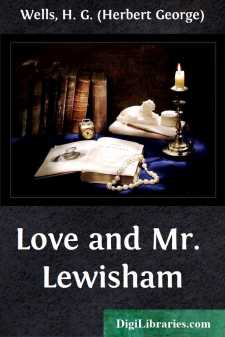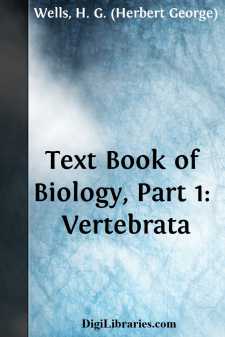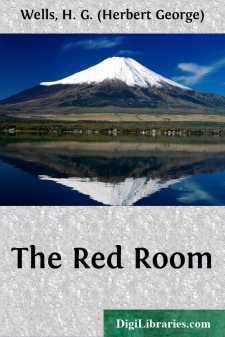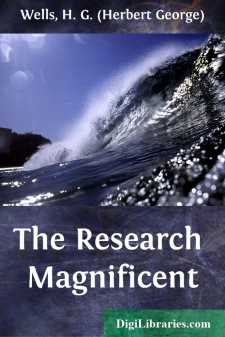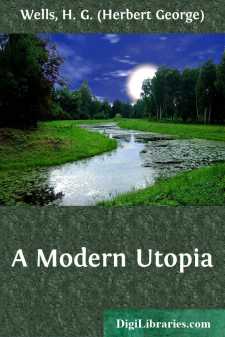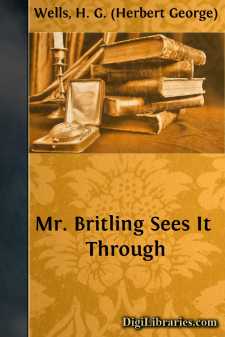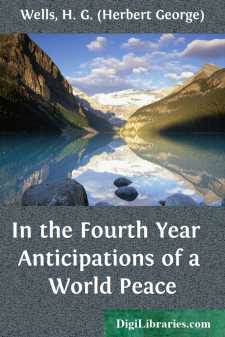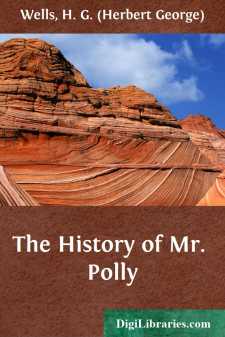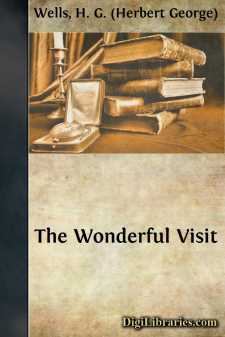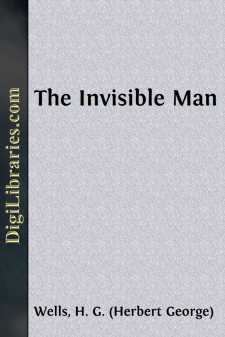Categories
- Antiques & Collectibles 13
- Architecture 36
- Art 48
- Bibles 22
- Biography & Autobiography 816
- Body, Mind & Spirit 145
- Business & Economics 28
- Children's Books 17
- Children's Fiction 14
- Computers 4
- Cooking 94
- Crafts & Hobbies 4
- Drama 346
- Education 58
- Family & Relationships 59
- Fiction 11834
- Foreign Language Study 3
- Games 19
- Gardening 17
- Health & Fitness 34
- History 1378
- House & Home 1
- Humor 147
- Juvenile Fiction 1873
- Juvenile Nonfiction 202
- Language Arts & Disciplines 89
- Law 16
- Literary Collections 686
- Literary Criticism 179
- Mathematics 13
- Medical 41
- Music 40
- Nature 179
- Non-Classifiable 1768
- Performing Arts 7
- Periodicals 1453
- Philosophy 66
- Photography 2
- Poetry 897
- Political Science 203
- Psychology 45
- Reference 154
- Religion 516
- Science 126
- Self-Help 85
- Social Science 82
- Sports & Recreation 34
- Study Aids 3
- Technology & Engineering 59
- Transportation 23
- Travel 463
- True Crime 29
Our website is made possible by displaying online advertisements to our visitors.
Please consider supporting us by disabling your ad blocker.
Love and Mr. Lewisham
Description:
Excerpt
CHAPTER I.
INTRODUCES MR. LEWISHAM.
The opening chapter does not concern itself with Love—indeed that antagonist does not certainly appear until the third—and Mr. Lewisham is seen at his studies. It was ten years ago, and in those days he was assistant master in the Whortley Proprietary School, Whortley, Sussex, and his wages were forty pounds a year, out of which he had to afford fifteen shillings a week during term time to lodge with Mrs. Munday, at the little shop in the West Street. He was called "Mr." to distinguish him from the bigger boys, whose duty it was to learn, and it was a matter of stringent regulation that he should be addressed as "Sir."
He wore ready-made clothes, his black jacket of rigid line was dusted about the front and sleeves with scholastic chalk, and his face was downy and his moustache incipient. He was a passable-looking youngster of eighteen, fair-haired, indifferently barbered, and with a quite unnecessary pair of glasses on his fairly prominent nose—he wore these to make himself look older, that discipline might be maintained. At the particular moment when this story begins he was in his bedroom. An attic it was, with lead-framed dormer windows, a slanting ceiling and a bulging wall, covered, as a number of torn places witnessed, with innumerable strata of florid old-fashioned paper.
To judge by the room Mr. Lewisham thought little of Love but much on Greatness. Over the head of the bed, for example, where good folks hang texts, these truths asserted themselves, written in a clear, bold, youthfully florid hand:—"Knowledge is Power," and "What man has done man can do,"—man in the second instance referring to Mr. Lewisham. Never for a moment were these things to be forgotten. Mr. Lewisham could see them afresh every morning as his head came through his shirt. And over the yellow-painted box upon which—for lack of shelves—Mr. Lewisham's library was arranged, was a "Schema." (Why he should not have headed it "Scheme," the editor of the Church Times, who calls his miscellaneous notes "Varia," is better able to say than I.) In this scheme, 1892 was indicated as the year in which Mr. Lewisham proposed to take his B.A. degree at the London University with "hons. in all subjects," and 1895 as the date of his "gold medal." Subsequently there were to be "pamphlets in the Liberal interest," and such like things duly dated. "Who would control others must first control himself," remarked the wall over the wash-hand stand, and behind the door against the Sunday trousers was a portrait of Carlyle.
These were no mere threats against the universe; operations had begun. Jostling Shakespeare, Emerson's Essays, and the penny Life of Confucius, there were battered and defaced school books, a number of the excellent manuals of the Universal Correspondence Association, exercise books, ink (red and black) in penny bottles, and an india-rubber stamp with Mr. Lewisham's name. A trophy of bluish green South Kensington certificates for geometrical drawing, astronomy, physiology, physiography, and inorganic chemistry adorned his further wall....


